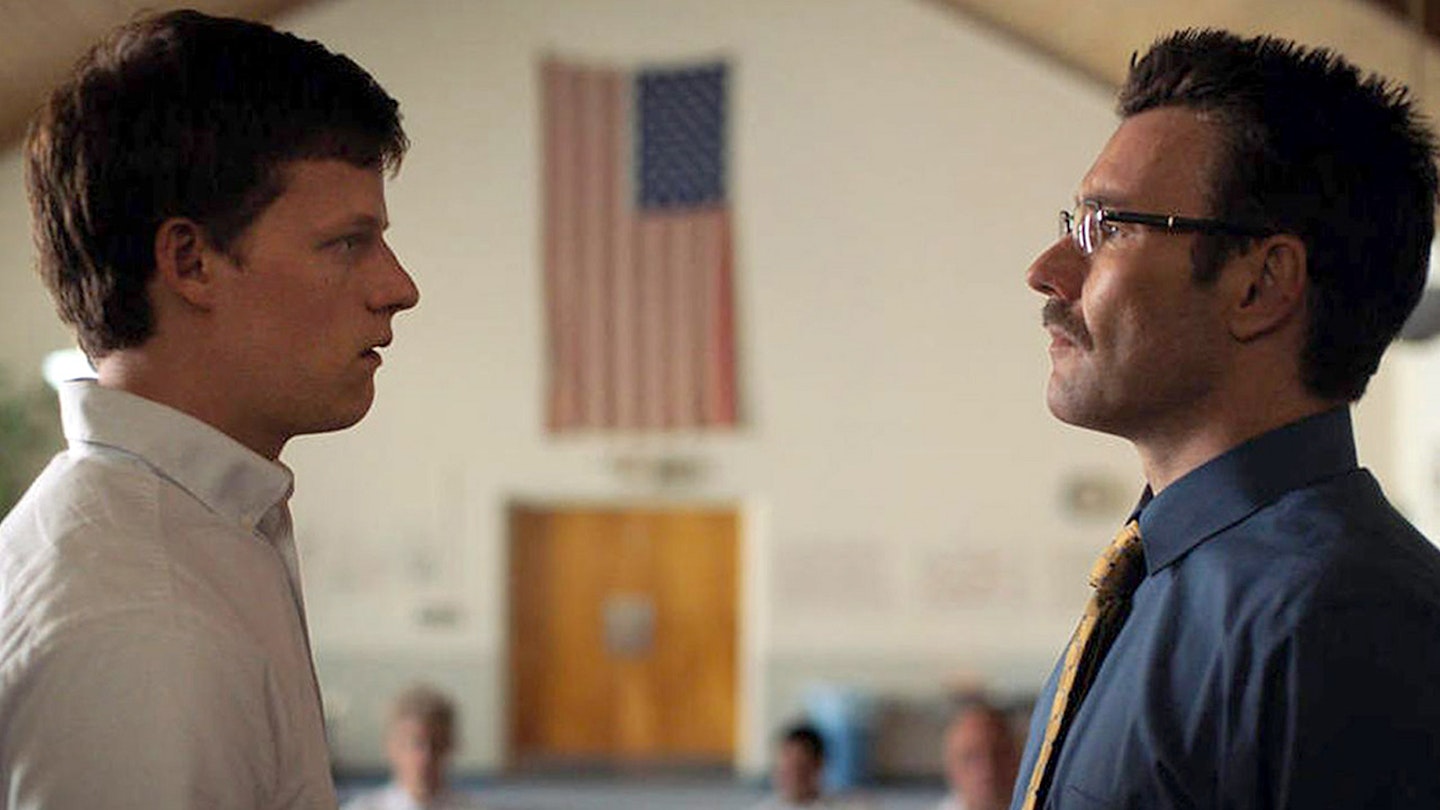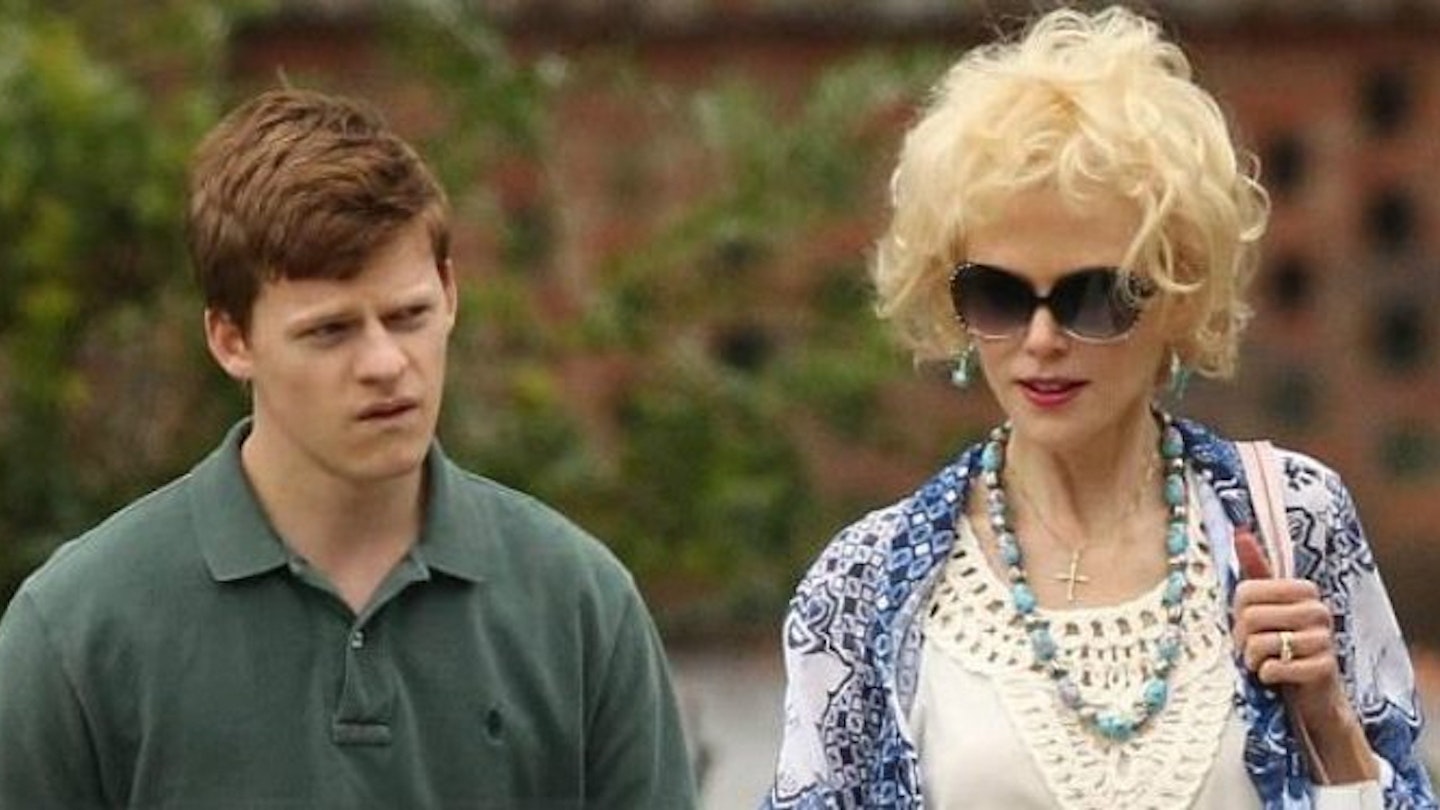With his filmmaking debut The Gift, Joel Edgerton displayed a sharp eye for creeping horror rooted in human cruelty and social anxiety. His return as a writer-director heads into more direct drama territory, but it’s an instinct Edgerton very much brings with him. The opening stretch of Boy Erased is framed with a thrumming dread — teenager Jared Eamons (Lucas Hedges), under the instruction of his parents, signs himself in at ‘gay conversion therapy’ camp Love In Action, surrendering his possessions and identity to a place that the audience knows is only going to do him harm.
In his adaptation of Garrard Conley’s memoir, Edgerton is clear and direct in depicting not only the insidious and hypocritical nature of so-called ‘ex-gay’ practices, but their banality too. The 12-day course that Jared enrols in, led by figurehead Victor Sykes — Edgerton, looking somewhat an evil Ned Flanders — includes such dubious activities as posture lessons and hitting baseballs, alongside more obviously harmful ‘therapy’ sessions tantamount to emotional abuse. Can Jared, already plagued with doubt and guilt, really change — and if so, should he? Or should he, as one fellow inmate (a magnetic Troye Sivan) tells him, “play the part” and get out before more lasting damage is done?
Empathetic and well-intentioned, but doesn't quite connect as a human drama.
Boy Erased navigates the intersection between traditional religious beliefs and internalised homophobia incisively, mapping its varying destructive consequences to generally powerful effect. But while the film is empathetic and well-intentioned in exposing a practice still alarmingly prevalent in America today — as summarised in the closing credits — it doesn’t quite connect as a human drama. Lucas Hedges puts in a strong performance — particularly when his rage bubbles over in a roadside meltdown — but Jared feels more cipher than character, a situation to be horrified by rather than an individual to root for. The film also portrays him principally as a victim, which may prove too one-note for some — his trauma is depicted graphically, particularly in one unflinchingly violent sequence, while his positive sexual experiences remain comparatively unexplored.
But whenever the film turns to the relationship between Jared and his mother Nancy (Nicole Kidman), it becomes more nuanced and emotive — Kidman is excellent as a parent who genuinely wants to help her son but whose ignorance sees her go about it in the most damaging way. The film’s beating heart is in this evolving relationship, where there’s hope that love can ultimately transcend prejudice.
With arresting visual compositions and a well-deployed cast, Boy Erased confirms that The Gift was no fluke from Edgerton. It’s an important story to be told, but it’s the horror of ‘conversion therapy’ as a whole rather than the specifics of Jared’s plight that remain come the closing credits.

